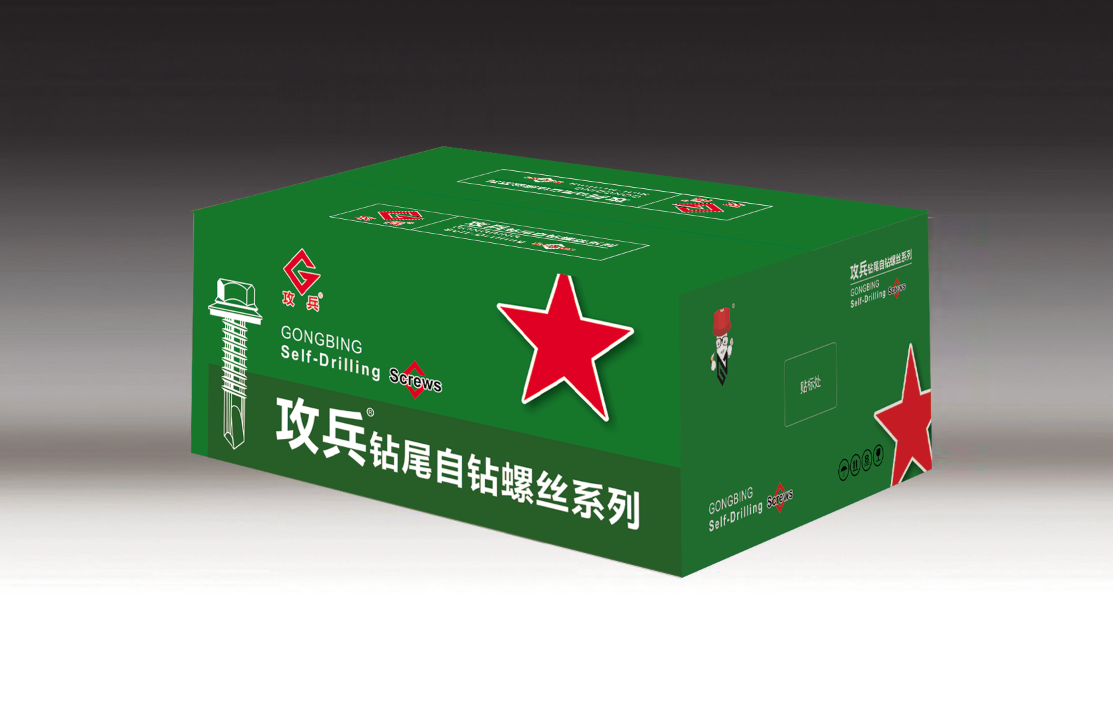anchor bolt with chemical
Understanding Chemical Anchors and Their Applications in Construction
In the world of construction, achieving a secure and reliable connection between structural elements is paramount. One of the most effective solutions for this purpose is the use of anchor bolts, particularly those designed with chemical adhesives. Chemical anchor bolts have revolutionized the anchoring process, providing enhanced performance, flexibility, and durability.
What Are Chemical Anchor Bolts?
Chemical anchor bolts are a type of fastening system that combines a traditional bolt with a special adhesive or resin. This system is particularly useful for fixing anchor bolts in concrete and masonry to provide enhanced load-bearing capacity. Unlike mechanical anchors, which rely solely on friction for holding power, chemical anchors create a bond with the surrounding material through a chemical reaction. This process can significantly increase the anchoring strength and durability, making it ideal for heavy-duty applications.
Components of Chemical Anchors
A chemical anchor system typically consists of three main components the anchor bolt itself, a resin cartridge, and a mixing nozzle. The resin used in these systems is often made from a blend of polyester, epoxy, or vinylester materials. The selection of the resin depends on various factors, including the environmental conditions, type of substrate, and load requirements.
1. Anchor Bolt The bolt serves as the primary fastening element. It is often designed with a threaded shaft to accommodate various nuts and washers, ensuring a secure connection.
2. Resin Cartridge This is a pre-packaged tube containing the chemical adhesive that hardens when mixed and set. The formulation of the resin is critical for ensuring optimal bonding strength and durability.
3. Mixing Nozzle The nozzle is used to dispense the resin effectively and ensures proper mixing of the adhesive components. This step is crucial because improper mixing can lead to a weak bond.
Benefits of Chemical Anchors
Using chemical anchor bolts offers numerous advantages
anchor bolt with chemical

1. High Load Capacity Chemical anchors can support heavier loads compared to traditional mechanical anchors due to the expansive bonding capabilities of the resin. This makes them suitable for high-stress applications like bridges, heavy machinery, and structural supports.
2. Versatility Chemical anchors can be utilized in various materials, including concrete, brick, and stone. This versatility also extends to different environmental conditions, such as wet or underwater applications, where traditional anchors may fail.
3. Reduced Risk of Damage Since chemical anchors bond with the concrete at a molecular level, they can reduce the risk of cracking or spalling, which can occur with mechanical anchors under stress.
4. Adjustable Setting Time Different resins offer varying setting times, allowing construction professionals to choose the ideal one based on project requirements. Fast-setting resins can accelerate construction timelines, while slower-setting options enable adjustments during installation.
5. Corrosion Resistance Many chemical anchors are designed to be corrosion-resistant, which is critical for applications in corrosive environments. This feature extends the lifespan of the anchor and reduces maintenance needs.
Applications of Chemical Anchor Bolts
Chemical anchor bolts are widely used in many construction and engineering scenarios. Common applications include
- Structural Steel Erection In building construction, chemical anchors are used to secure steel beams and columns to concrete foundations. - Bridge Construction The heavy loads and stresses experienced by bridges make chemical anchors an ideal choice for securing components. - Heavy Machinery Installations Chemical anchors provide the necessary strength to hold heavy equipment in place, ensuring stability and safety.
- Renovation and Repair Work These anchors are also frequently used in renovation projects where existing concrete may be compromised or require reinforcement.
Conclusion
Chemical anchor bolts represent a significant advancement in anchoring technology within the construction industry. Their ability to provide robust, durable, and versatile fastening solutions has made them a preferred choice for a wide array of applications. As construction techniques continue to evolve, the role of chemical anchors will undoubtedly expand, solidifying their place as an essential component in modern engineering practices. Understanding their features, benefits, and applications is vital for industry professionals aiming to enhance the safety and stability of their projects.
-
Weatherproof Plastic Expansion Anchors for OutdoorSprávyJun.06,2025
-
Sustainability in the Supply Chain: Eco-Friendly TEK Screws ProductionSprávyJun.06,2025
-
Load-Bearing Capacity of External Insulation FixingsSprávyJun.06,2025
-
Double Head Bolts: Enhancing Efficiency in Industrial MachinerySprávyJun.06,2025
-
Corrosion Resistance in Chipboard Screws: Coatings for Wholesale DurabilitySprávyJun.06,2025
-
Butterfly Toggle Bolts : Enhancing Structural ResilienceSprávyJun.06,2025
